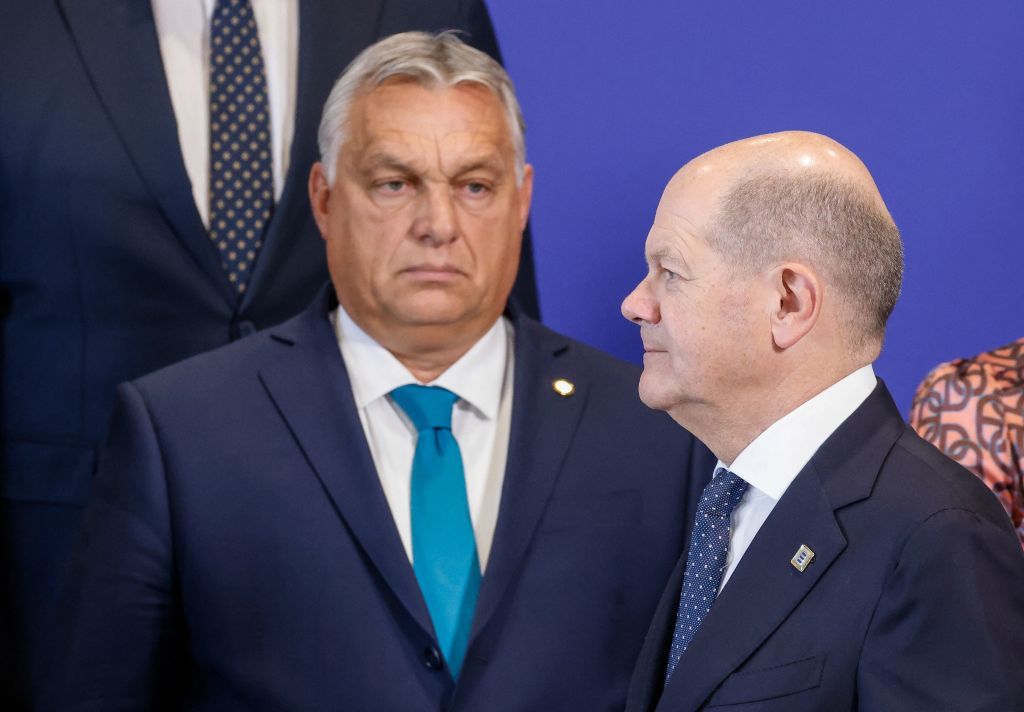Orban says he agreed to $54 billion EU funding package for Ukraine due to control mechanism, guarantees on Hungary's funds

Hungarian Prime Minister Viktor Orban said he agreed to the 50 billion euro ($54 billion) EU funding package for Ukraine on Feb. 1 because there is a control mechanism in place and Hungary's funds "will not end up in Ukraine."
All 27 leaders of EU member states agreed to include the four-year support package, known as the Ukraine Facility, in the EU budget. Orban blocked the crucial funding during an EU summit last December.
"It is very important that the decision was made by all 27 leaders, which once again proves strong EU unity," President Volodymyr Zelensky reacted to the news on X.
Polish Prime Minister Donald Tusk said on Jan. 30 that the EU will find a way to pass the package "with or without" the support of Orban. The same day, Orban begrudgingly signaled his willingness to drop his opposition to the aid package.
In a video published on social media on the afternoon of Feb. 1, Orban said that negotiations lasted for many hours on the evening of Jan. 31 and morning of Feb. 1. "The topic was Ukraine and the question of whether the EU should support Ukraine and if so, how and with how much money."
Orban said that Budapest wanted to ensure that EU funds for Hungary, which the European Commission has frozen due to concerns with the country's fight against corruption and lack of transparency in public procurement, would not "sooner or later end up in Ukraine."
The EU Commission unlocked 10.2 billion euros ($11 billion) in frozen funds to Hungary ahead of the EU's final summit on Dec. 14-15, reporting that Hungary had fulfilled a specific set of judiciary reforms necessary to access the funding.
"We were also afraid that we would make resources available to Ukraine for too long and without control," Orban said, but a "control mechanism" was negotiated.
This "guarantees the reasonable use of the money," according to Orban. He also "received a guarantee that Hungary's funds cannot go to Ukraine."
"Our position on the war in Ukraine remains unchanged: we need a ceasefire and peace talks."













